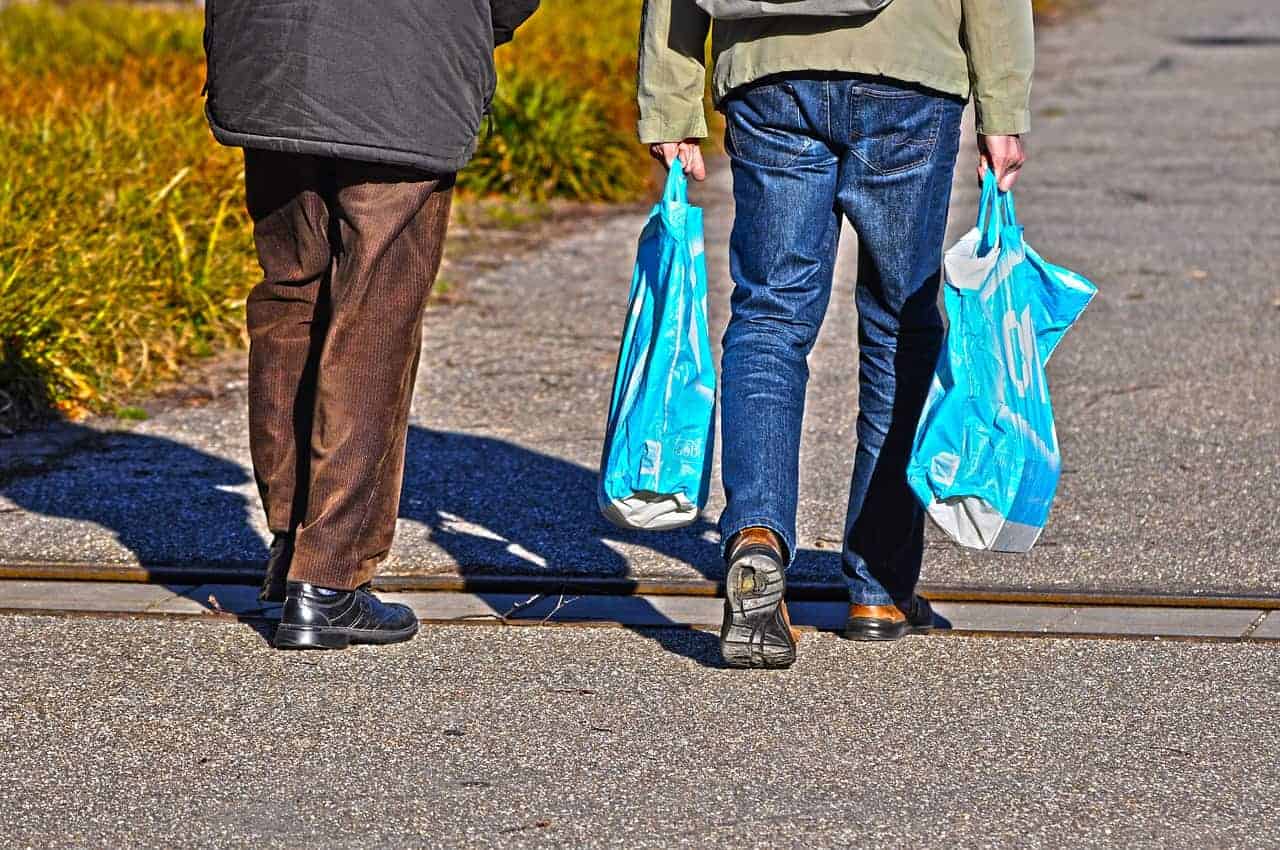It is known that plastic bags are one of the leading items which cause plastic pollution and, so far, there has been a high effort to try and resolve this. From charging money for the use of plastic bags to trying to push consumers to purchase bags for life or even trying to get them to opt for a cotton alternative.
However, there seems to be a new breakthrough with a new plastic bag which could biodegrade to nothing, and this could be an answer to the problem.
A British company that crates Oxo-biodegradable bags have said that that they break down in the environment much like a leaf but quicker. This new technology is now being used across the Middle East and Africa. However, if it is so good and could be a huge breakthrough, why has the EU Parliament passed a directive to stop Oxo products being called biodegradable, and why is the EU Commission looking to start a total ban?
The chief executive of Symphony Environmental Michael Laurier is the biggest producer of Oxo products in the United Kingdom, pointed to a plastic carrier bag with his company logo on it and said: “This is an insurance policy.”
Symphony Environmental creates an additive named dw2, which is made up of a mixture of salts which is added to raw plastic in the factory. The company has said that within two years, and as long as there is oxygen present, a plastic bag which contains d2w will turn into something which has a different molecular structure. On their website, it claims that “it will biodegrade in the open environment”.
“If you do just drop it in the ocean, we’ve shown that versus non-degradable products that it degrades and biodegrades an awful lot faster than conventional plastics,” Mr Laurier says.
Previously, there have been a number of scientific reports on Oxo-biodegradable technology, but the opinion still remains divided. In 2011, a research paper said that it would be possible to create Oxo plastic bags which will nearly completely biodegrade in soil within two years.
However, Richard Thompson who is a professor of marine biology at Plymouth University seems sceptical. He has taken the time to bury Oxo bags in the soil as well as suspended them in the sea and has monitored the results. He then went on to show the BBC a dw2 bag created by Symphony Environmental which has been under water for over two years. He said:
“It’s probably still strong enough to carry your shopping home in it”.
He believes there are two questions which need to be answered and they are:
Do the bags degrade quickly enough, and when they do break down, do they in reality form microplastics?
With opinion still divided on a such a serious matter, it is important that individuals and businesses take the time to help in their own way. This can be done by taking the time to recycle which everyone can do, or businesses finding a suitable packaging solution. Shrink wrapping machinery isn’t just a great way to save money but can also help the planet as it can help reduce transport costs.
If you have any questions regarding shrink wrap packaging, then please do not hesitate to get in touch.



